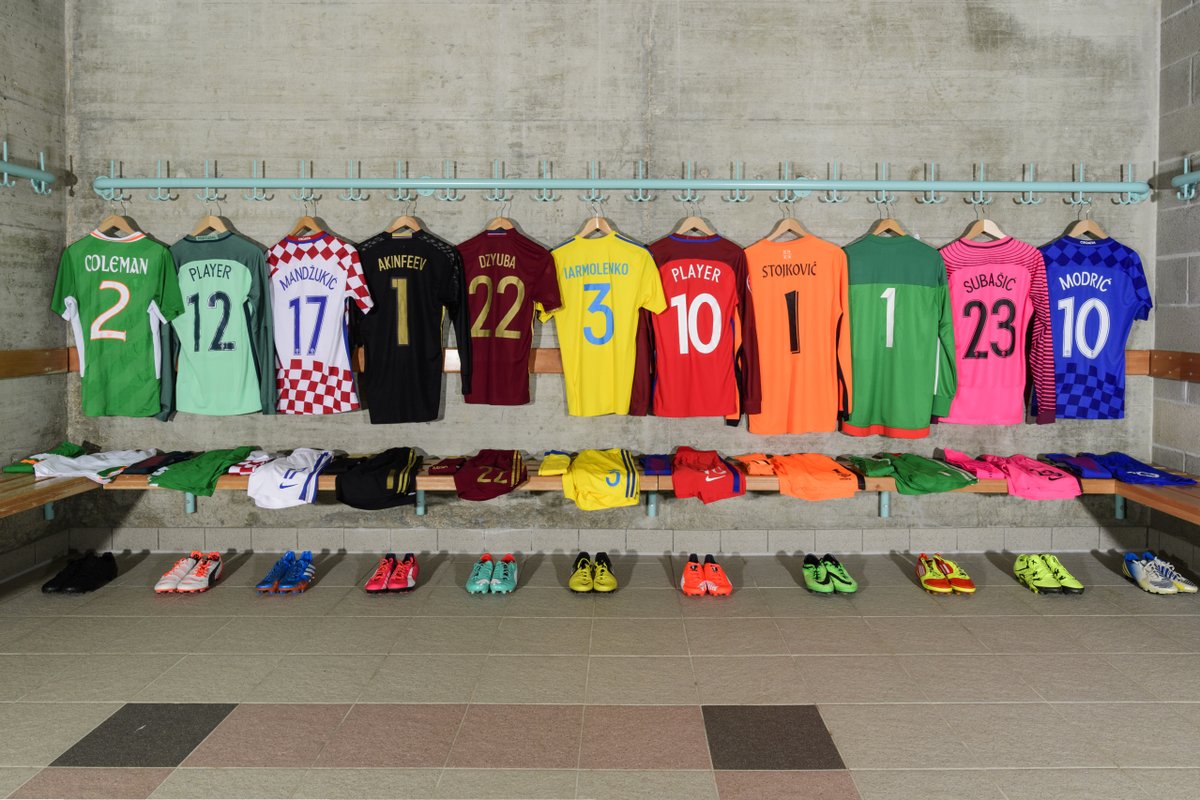European Week of Sport – Evaluation Report, 2015
The European Week of Sport is a European Commission initiative. The first edition of the Week of Sport ran from 7 to 13 September 2015.
During the months of October and November 2015, the European Commission consulted, via an on-line survey, national coordinating bodies, European partners of the Week, European Sport Village exhibitors and Erasmus+: Sport project leaders, hereafter referredto as “Key players”. The feedbackreceivedrepresents an unanimous view: the first European Week of Sport was a success and reached its objective of adding a new tool to the promotion of sport and physical activity at EU and national levels. The positive 2015 experience of the Week has to be renewed.
Overall, more than 7000 events were organised over Europe: a few already existing, but many new initiatives too. The vast majority consisted of sporting activities accessible to the public, and some centralised events, including the ones organised by the European Commission, consisted of conferences and seminars to further raise awareness about the Week, its Focus Days (Education, Workplace, Outdoors, Sport clubs and Fitness centres), and its 2015 underlying theme “The role of sport in promoting tolerance and open societies in Europe”. It is estimated that around 6million Europeans of all ages actively took part in the Week. Manymore weremade aware of the Week through the #BeActive European Week of Sport communication campaign. Efficient working structures and methodshave been put in place and helped implementing the Week in the participating countries.
The present report is structured around three pillars: events and activities organised during the first European Week of Sport, the #BeActivecommunication campaign, and working structures and methods put in place for the preparation and implementation of the Week. For each of these constituting blocks, the report provides for a detailed description of the activities undertaken, sets out the main outcome of the online survey and finally concludes with a set of ways to explore for future editions. The last chapter is dedicated to the legacy of the Week.
Download Document
Colour Blindness in Football – a UEFA Report
This document has been published by UEFA in cooperation with the English Football Associatoin and provides insight on the topic ...
Download Document

